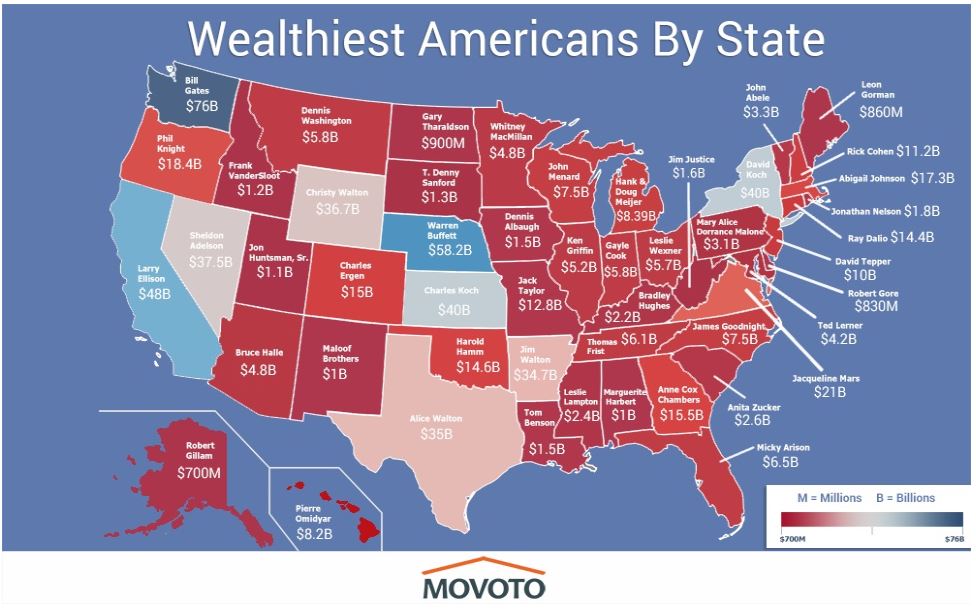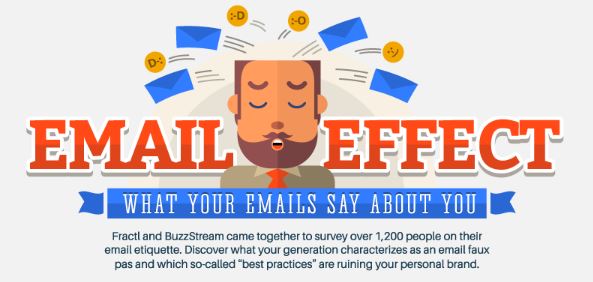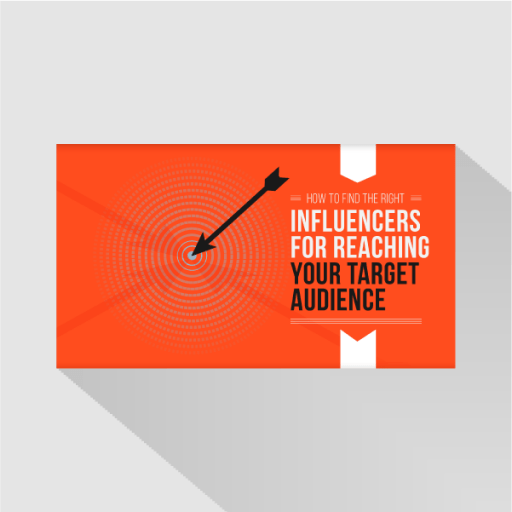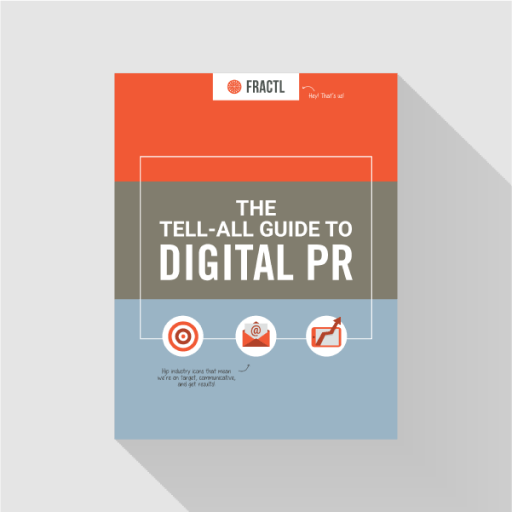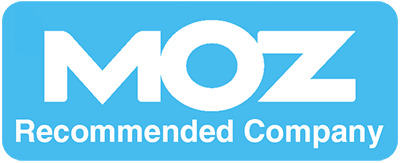Although content marketing is becoming increasingly popular and three out of four marketing teams are using it, making the case for content marketing to a decision-maker in your organization may be difficult. Proposing a business case that develops and implements content marketing strategies can change someone’s mind.
Content marketing is not a quick, one-time campaign or strategy that produces rapid results; it is a long-term strategy with benefits that occur over time (which is why it can be a tough sell to executives who want to see an immediate return).
If you want to implement a solid strategy for content marketing – one that requires spending time and money – you are going to need to know how to clearly define, explain, and present the strategy to a decision-maker. Here’s how:
Explain Why You Need Content Marketing to Stay Competitive
A company that chooses not to embrace content marketing puts itself at a major risk of falling behind competitors. According to surveys conducted by the Content Marketing Institute:
- 76 percent of B2C respondents use content marketing (B2C Content Marketing Report)
- 88 percent of B2B respondents use content marketing (B2B Content Marketing Report)
A majority of marketers are currently using content marketing; if you have yet to join them, you are already falling behind. The longer you wait, the harder it will be to catch up.
If your competitors are already successfully executing a content marketing strategy, then they are most likely reaping bottom-line benefits like increased traffic, search rankings, conversions, and customer loyalty.
You Need Content to Compete in Search
A recent Fractl survey found that more than 88 percent of people had used online search engines to seek out more information about a company, and more than 93 percent had done so within the past week. Without strategic content, you’ll have a tough time attracting online users searching for information about your industry or product. If your competitors are creating valuable content that is ranking well in search engines, there’s a good chance that your prospective customers are spending time on their websites rather than yours.
Content Marketing’s Return Compounds Over Time
Content marketing has compounding returns. As you create content, you build a library of results and resources that become more valuable over time. The longer your content exists and the more content you create, the higher your returns will be.
If your competitors are leveraging content marketing (and you aren’t), they have a head start in their content investment. The sooner you begin creating content, the sooner you can match the breadth and volume of your competitors’ content.
Show the Benefits Based on Your Goals
To further explain the importance of starting a content marketing plan, describe the benefits and how they correspond with your immediate goals. By showing the benefits related to your goals, you will have a better chance of explaining how and why content marketing matters.
Builds Brand Awareness
Content marketing provides value through all sections of the sales funnel. Starting at the top, it’s a powerful tool for building brand awareness.
A brand awareness content marketing strategy includes producing a piece of likable, on-site content that will be promoted on other websites. This form of digital PR gets exposure for your brand each time a website features your content. When a high-authority website with a large audience mentions your brand, it is introduced to a new audience.
This type of coverage is organic; your brand gets the exposure without paying for it. Content is not listed as an “ad” or “sponsored,” which makes it more authentic and enables it to build a closer relationship with audiences.
One of our Fractl campaigns drastically improved the brand awareness for our client, Movoto. The campaign, “The Wealthiest People in America,” included an interactive infographic for Movoto’s blog that showed the wealth gap between the state’s richest and average residents.
The content caught the attention of more than 130 publishers (including the Washington Post, The Huffington Post, and Yahoo), which helped it build major brand awareness for our client – attracting more than 1.4 million website views.
Content marketing builds brand awareness online, as we’ve seen, but content marketing campaigns can even earn TV coverage.
We’ve had multiple campaigns spread so widely online that news stations and national broadcasts covered our stories on the air. The campaign “White Lies: Where Is the Line?” featured survey results related to white lies. The story spread online and ended up as a “What’s Trending Today” feature on The Today Show.
Increases Site Traffic
The exposure created through content marketing does more than putting your brand in front of a wide, new audience. It also directs that audience back to your website and increases your site traffic.
Content marketing increases both organic and referral website traffic. It does this by:
- Driving referral traffic from placements. As you gain high-quality placements through content marketing, you drive referral traffic back to your site. In other words, you can tap into the audience of a larger publisher and direct users back to your website.
- Increasing the volume and quality of sites linking to your website. Having a large number of high-quality links for your website is a major factor in SEO rankings. As you build links through placements, you improve your website’s organic SEO authority.
- Increasing the amount of content on your website. Another major factor in improving the SEO authority of a website is content. As you publish new content on your website, you send signals to search engines that improve your website’s organic SEO authority.
- Improving SEO rankings and increasing organic traffic. As your site gains links and publishes more content, it begins to appear higher and higher in search rankings. Higher search rankings result in more organic traffic leading back to your site.
Content marketing is a holistic strategy with many elements that work together. Producing on-site content that gets featured off-site drives referral traffic and improves search rankings, which drives organic traffic.
This is important because it’s not enough to have one type of traffic. Referral traffic is great as it can draw a lot of users to your site in a short amount of time. But, you also need organic traffic because it is more sustainable and will drive continuous traffic to your site over time.
With content marketing, you drive both types of traffic – organic and referral. At Fractl, we’ve seen how content marketing can boost traffic with one campaign, and over time with long-term campaigns.
One of our clients received a 271 percent increase in traffic after receiving just one placement on BuzzFeed. This shows just how powerful one link back to a website can be.
We also saw content marketing’s ability to increase traffic during our long-term campaign for Recovery Brands. Over a three-year period, we published a series of campaigns that resulted in a 1,100 percent increase in organic traffic. Over the entire campaign, the client site received four million page views and more than one million social shares.
Generates Leads
Improving brand awareness and increasing site traffic are powerful benefits, but both of these goals are designed to lead to another result: Generating leads. This will probably be the metric most likely to catch the attention of the decision-maker who needs to agree to your content marketing business case plan. So, explain this process of lead-generating content marketing.
Quality, off-site content leads audiences to on-site landing pages that offer gated content. Gated content is an extremely valuable piece of content (such as a white paper, survey results, study, video series, etc.) that users can only access if they provide their contact information.
Through content marketing, engaged users are lead to this landing page and, therefore, likely to enter their information in exchange for the gated content. This process creates valuable, targeted leads.
During a Fractl campaign for our client, BuzzStream, we produced gated content assets that were tied to off-site content. The content assets were made up of original, research-based reports that would be useful and appealing to BuzzStream’s target audience.
We then secured off-site placements that shared parts of the research and used call-to-actions to lead users back to the gated content, where they could enter their information to get the full report. This lead generation funnel succeeded in driving conversations and helped the client break their record for new leads.
Mention the Many Other Benefits of Content Marketing
As you make your business case to a decision-maker, include a few other talking points to show the full value of content marketing:
Consumers value content. More than 50 percent of consumers agree that offering free content is an effective way to earn their business.
Compared to the majority of marketing tactics and channels, content marketing is extremely cost-effective. A single content marketing campaign has the potential to reach over three million viewers, making it a better value than traditional advertising and many forms of digital advertising.
Content marketing improves visibility and increases social media follows. As your content attracts attention and gets featured on high-authority websites, that visibility usually spills over to social media. Publications with large followings typically have a strong social media presence. Content that is featured on larger sites is typically also featured on the site’s social profiles, which boosts your brand’s visibility on social media and increases your number of followers.
Content marketing grows an email list. As previously mentioned, content marketing can generate valuable leads. Those leads can be passed into a sales funnel, and they can also be added to an email list. Growing an email list helps grow website traffic if you notify your subscribers each time new content is published. This repeatedly drives engaged traffic back to your site.
Content markets products and services. Content marketing doesn’t need to be focused solely on attracting attention and visibility. It can also be used to educate customers and prospects. Through content marketing, you can develop content that features or introduces your products and services while showcasing their features and benefits.
Content can be repurposed. Because content has compounding value, you can use it over and over. You can repurpose and reformat the content you create so you can reuse it multiple times. It can also be updated or repackaged down the line so you continue to get benefit from it years later.
Content marketing improves overall brand positioning and authority. When your brand gets high-quality media coverage, it garners higher brand authority. The visibility helps you become a known leader in your industry. When your content that is featured on other sites is tied to your industry (such as a data-focused study or report), you establish that authority even more. You show that you are a leader and influencer in your field, which builds trust and power.
As you share the risks of not using content marketing and the value and potential of using content marketing, deliver one final detail to your decision-maker…
Producing quality content must become a philosophy rather than a thing to check off a task list. Your organization needs to fully commit to this strategy to see high-value returns. Ultimately, you will find that content marketing is well worth the time and resources.
Need more proof regarding the possibilities and results of content marketing? Check out this list of 10 Fractl case studies that show the real impact of content marketing.

